Titanium Oxide Tungstate Nanotubes Improve Fuel Cell Performance
- Details
- Category: Tungsten Information
- Published on Wednesday, 26 October 2022 21:36
- Written by Caodan
- Hits: 1181
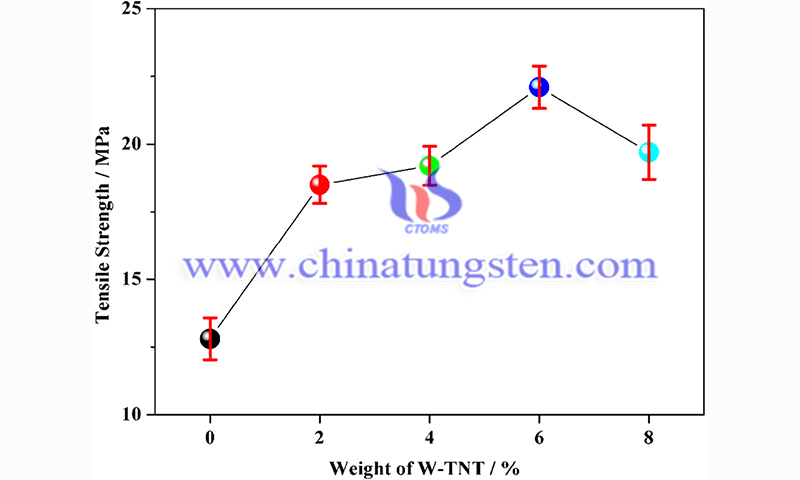
Titanium oxide tungstate nanotubes could improve fuel cell performance. The chemical oxidative stability of the tungstate-functionalized sulfonated poly ether ether ketone (SPEEK) membranes is one of the key requirements for the durability and performance of the fuel cells, which was estimated using Fenton's reagent method.
Read more: Titanium Oxide Tungstate Nanotubes Improve Fuel Cell Performance
Tungstate Titanium Oxide Nanotubes Improve Ion Exchange in Fuel Cells
- Details
- Category: Tungsten Information
- Published on Wednesday, 26 October 2022 21:28
- Written by Caodan
- Hits: 1307
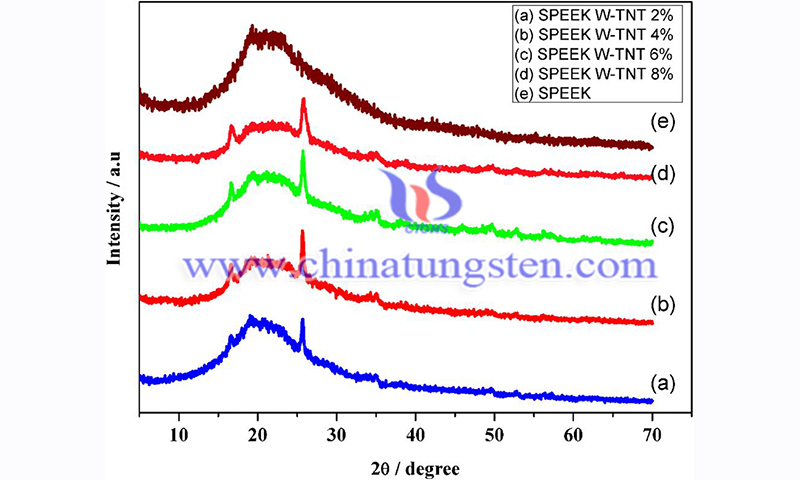
Ion exchange capacity is a vital property of ionic membranes, and this property is enhanced with the addition of ion-exchange materials. The IEC value of pure SPEEK membranes is 1.9 meq g-1 due to the contribution of sulfonate group (SO3H). increasing the content of tungstate titanium oxide nanotubes (W-TNT) in sulfonated poly ether ether ketone (SPEEK) membranes could improve the fuel cell ion-exchange capacity.
Read more: Tungstate Titanium Oxide Nanotubes Improve Ion Exchange in Fuel Cells
Preparation of Tungstic Acid Functionalized Titanium Oxide Nanotubes
- Details
- Category: Tungsten Information
- Published on Friday, 21 October 2022 14:47
- Written by Caodan
- Hits: 1341
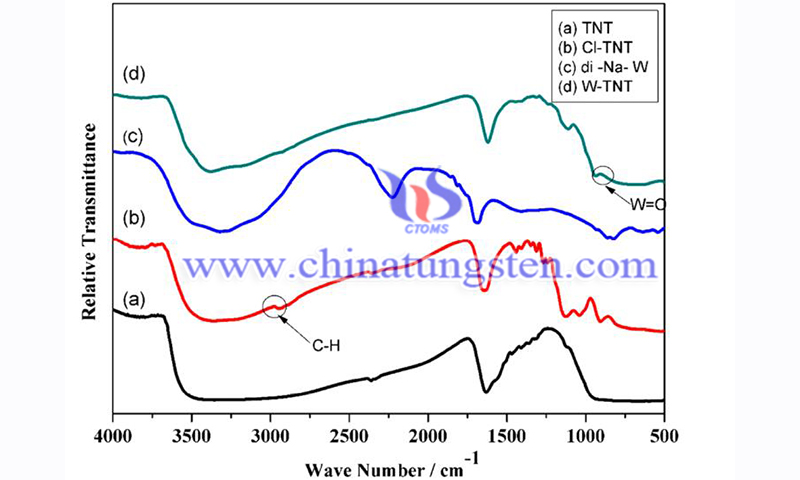
Titanium oxide nanotubes (TNT) were synthesized by hydrothermal method and covalently grafted with tungstic acid (ion exchange group) on their surface. The synthesized tungstate functionalized TNT (W-TNT) was characterized by SEM, TEM, and XRD analysis, and the successful grafting of the tungstate group was confirmed by FTIR and solid-state NMR techniques.
Read more: Preparation of Tungstic Acid Functionalized Titanium Oxide Nanotubes
Tungstic Acid Titanium Oxide Nanotubes for Proton Exchange Membrane Fuel Cell
- Details
- Category: Tungsten Information
- Published on Friday, 21 October 2022 14:51
- Written by Caodan
- Hits: 1230
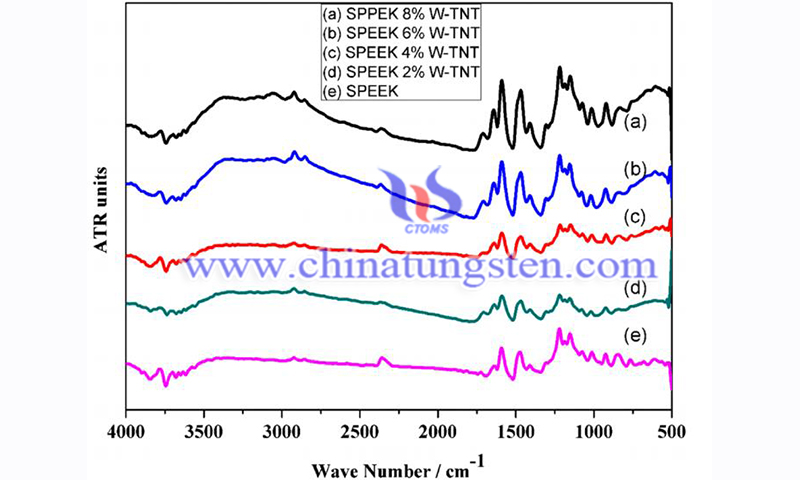
Among various two-dimensional materials, titanium oxide nanotubes (TiO2 nanotubes) are stable and environmentally friendly, and their electronic, optical, and dielectric properties can be tuned by surface modification. Researchers used tungstic acid covalently bonded to titanium oxide nanotubes (W-TNT) for the first time as an ion-exchange filler for the fabrication of proton exchange composite membranes. The tungstate group (H2WO4) contains exchangeable protons similar to the sulfonic acid group (SO3H) and can also be used as an ion exchanger.
Read more: Tungstic Acid Titanium Oxide Nanotubes for Proton Exchange Membrane Fuel Cell
Tool Material for Machining Cobalt Alloys and CoCrMo Alloys
- Details
- Category: Tungsten Information
- Published on Wednesday, 19 October 2022 16:40
- Written by Caodan
- Hits: 1325
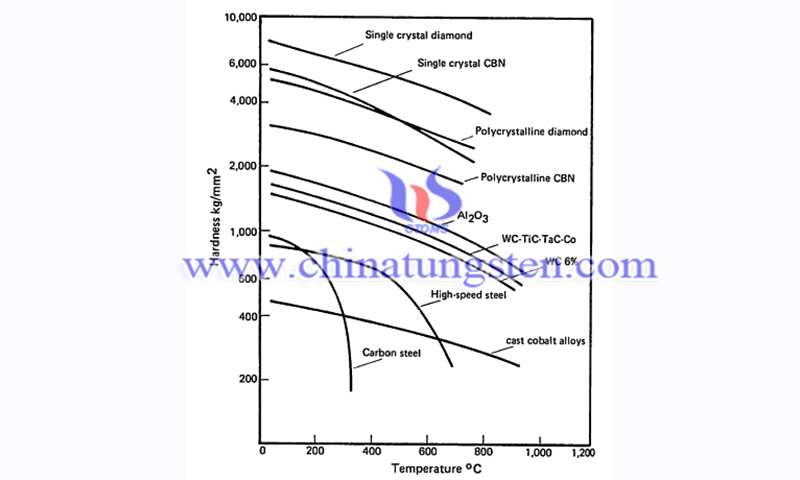
The cutting tool material is the most important aspect of the cutting process in machining operations, especially when machining difficult-to-cut materials such as titanium, cobalt alloys, and CoCrMo alloys, where high heat and mechanical stresses caused at the tool edge are major problems.
Read more: Tool Material for Machining Cobalt Alloys and CoCrMo Alloys





 sales@chinatungsten.com
sales@chinatungsten.com